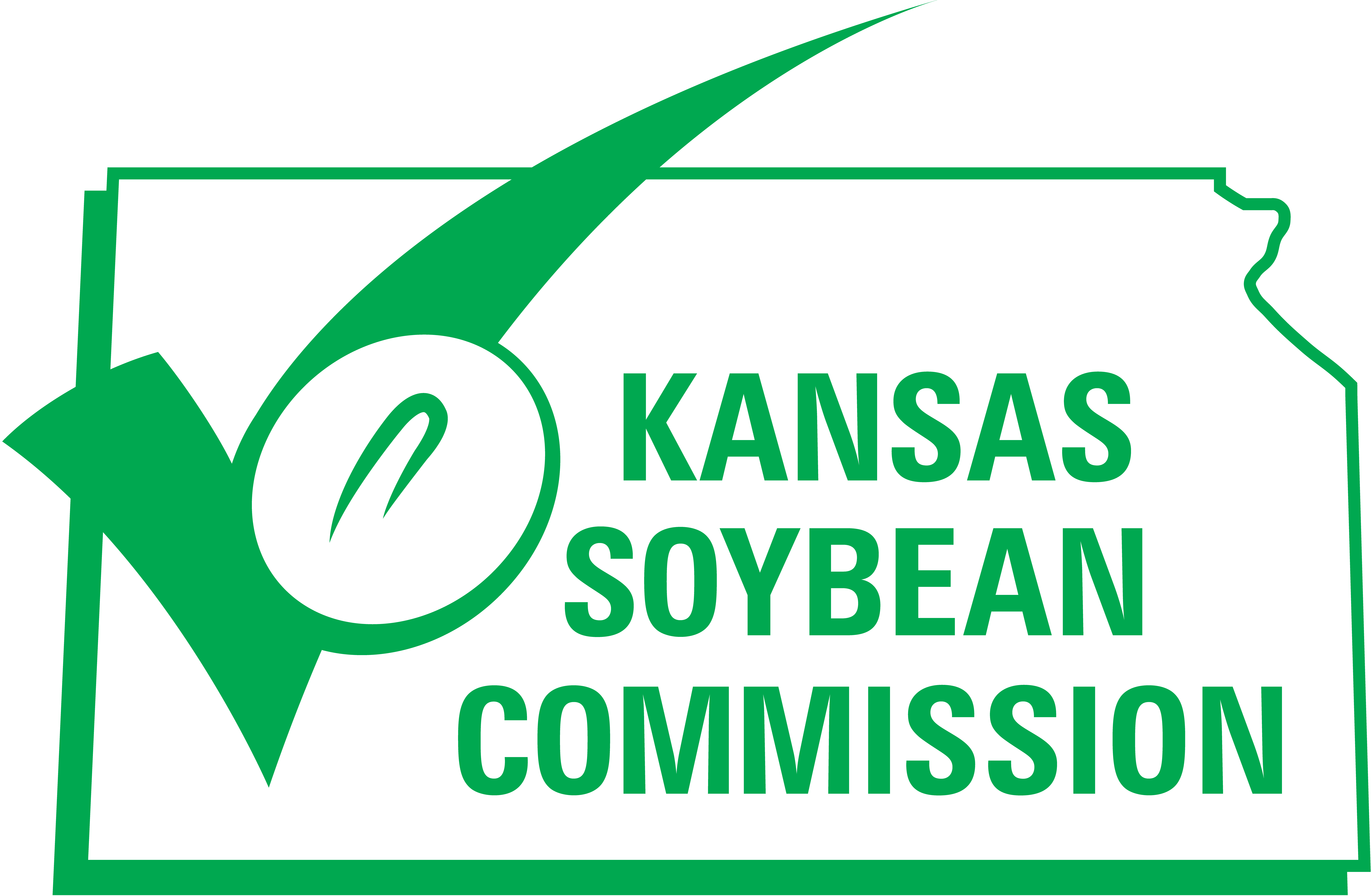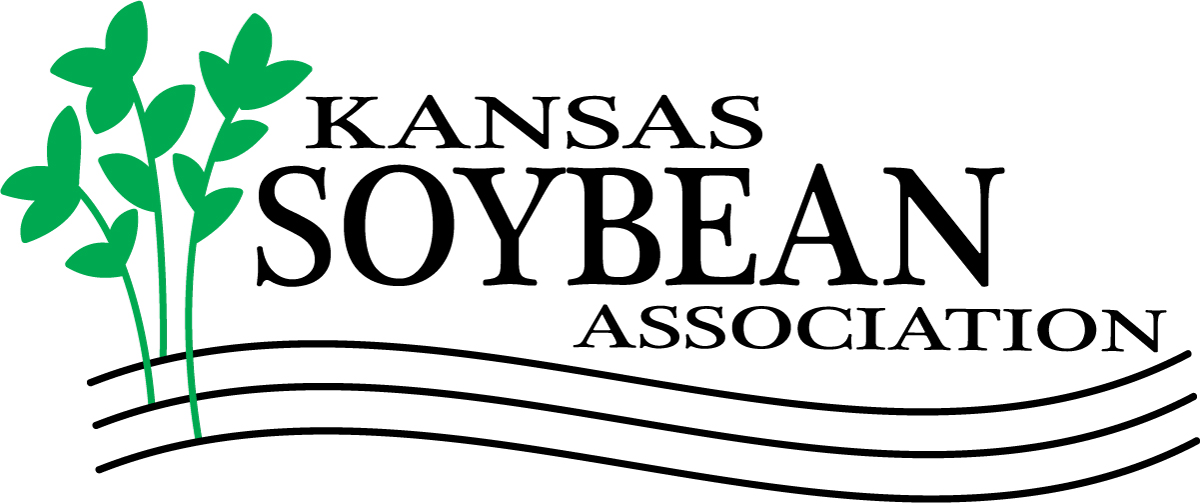3SI blends inquiry, soybeans for science educators
Instilling soybean knowledge into youth through a class for educators
Eleven years ago, Dr. Brian McCornack had an idea to bring science teachers and help them teach science in a new way through inquiry-based learning using soybeans as a model. The Kansas Soybean Commission saw the value in connecting science teachers in this way and funded the project. Then, the work for McCornack really began.
The three-week Soybean Summer Science Institute focuses on inquiry to discover and dive deeper into science. Madison Remijio, a first-year teacher in Olathe, participated in the 2022 program and shared her initial perception at the start of the program.
“It was frustrating to have my questions answered with more questions,” she says.
For McCornack, that’s part of the program. He believes there is a growing need for employees in today’s workforce to develop skills through asking questions and searching for answers, collaborating and experimenting.
“If you expose teachers to this method of learning, they have the ability to impact hundreds of students throughout their career,” he says. “If students are taught to be curious and seek answers at a younger age, it becomes more natural as they grow. They can use that curiosity to innovate and solve big problems for us later on.”
Shawn Fiscus has taught for 38 years. He says, “As teachers, we do this for our kids. Participating in the institute changes how we learn, how we collaborate and how we can impact our students and each other.”
Throughout the program, teachers engage through hands-on activities in a dynamic setting. It is not a sit-and-get conference, rather McCornack operates the institute like a lab. Participants are able to go outside and examine soybean plants and insects found in the soybean plots outside the Kansas State University agronomy teaching building. They can run experiments, work together to find solutions, and discover more questions. From the institute, they’ll take back lesson plans they developed and other knowledge to implement into their classrooms.
Marla Jones from Neodesha says she is excited to share the “wow of wonder” with her students and give them the excitement to ask questions. She’s excited to show the students a broader idea of what science is and it can mean in their future as they solve problems in new, innovative ways.
over 200 teachers have been through the program so far, each impacting 20 or more students per year.
Remijio, who initially experienced frustration with the continued questions, noted how much she grew as a teacher by the end of the program and says she is excited to implement what she learned in the classroom this year.
McCornack explains to soybean farmers, “Part of your checkoff funds go into this program. I don’t take that responsibility lightly. This program can create new pathways for learning about science and agriculture in the middle of the city with students who might not have otherwise been exposed. It’s been incredible to equip these teachers to light sparks of curiosity in their students to dive further into science.”

